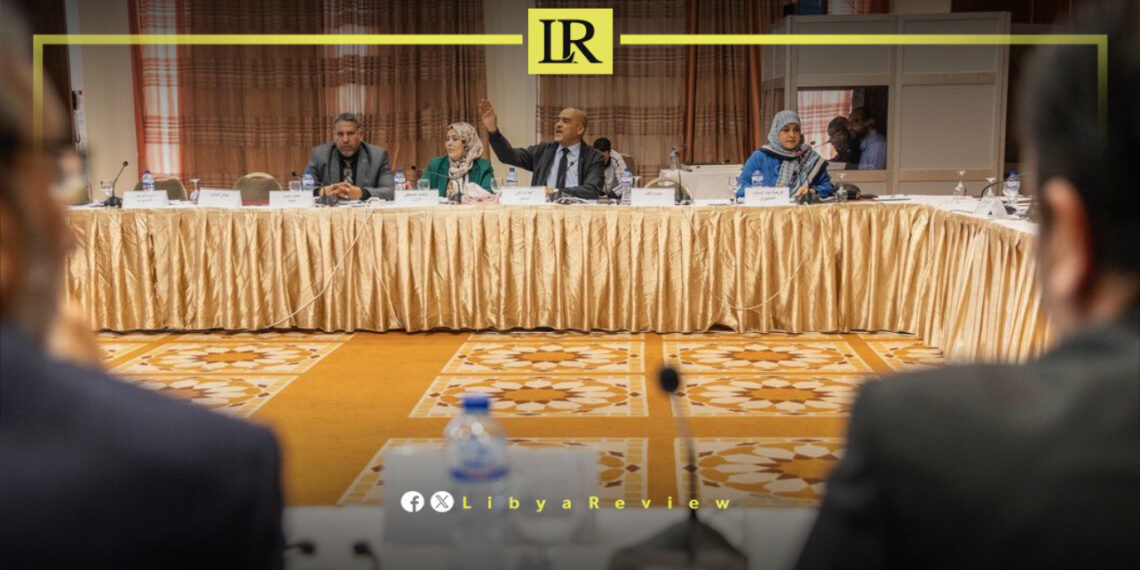The United Nations Support Mission in Libya (UNSMIL) convened a gathering of 22 legislators, legal experts, and civil society representatives on April 23 to draft reconciliation legislation for Libya.
During the two-day workshop in Tunis, participants merged two separate draft laws – one developed by a legal committee under the Presidential Council’s mandate and another by the House of Representatives.
The group, comprising representatives from various bodies including the High Council of State and the Constitutional Drafting Assembly, meticulously reviewed the unified draft, discussing contentious issues and proposing solutions to ensure alignment with international standards in transitional justice and reconciliation.
Key topics deliberated included the role of amnesties, the significance of memorialization, and whether reparations should be individual-focused or collective. Additionally, the group debated the scope of violations covered by the law and the selection process for a future truth and justice reconciliation commission.
By the workshop’s conclusion, consensus was reached on a comprehensive draft law, slated for review by the House of Representatives Justice and Reconciliation Committee before a plenary vote.
This marks the first collaborative effort between the Presidential Council’s legal committee, the House of Representatives, and the High Council of State to detail reconciliation and transitional justice legislation.
Addressing the challenges posed by previous fragmented approaches, MP Intissar Mustafa expressed hope for a foundational framework to guide future endeavours.
Adel Al-Amin Karmous, Head of the High Council of State’s Legal Affairs Committee, highlighted the impediments stemming from political divisions, emphasising the need for implementation alongside legal formulation.
The new draft seeks to rectify deficiencies identified in previous laws, with input from diverse stakeholders, including victims’ representatives.
According to University of Benghazi Law Professor Suleiman Ibrahim, the draft represents a crucial step towards addressing underlying divisions and establishing a solid foundation for stability.
Suki Nagra, Head of UNSMIL’s Human Rights and Rule of Law Section and OHCHR Representative for Libya, stressed the importance of a robust transitional justice law in fostering lasting peace and stability by addressing victims’ demands and ensuring accountability.


